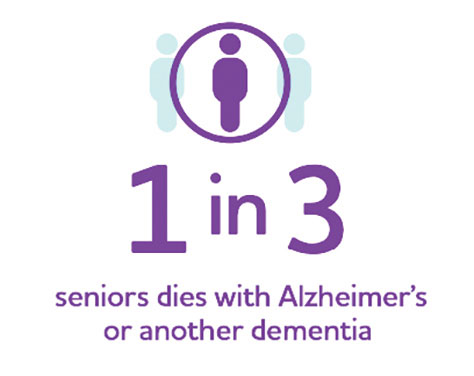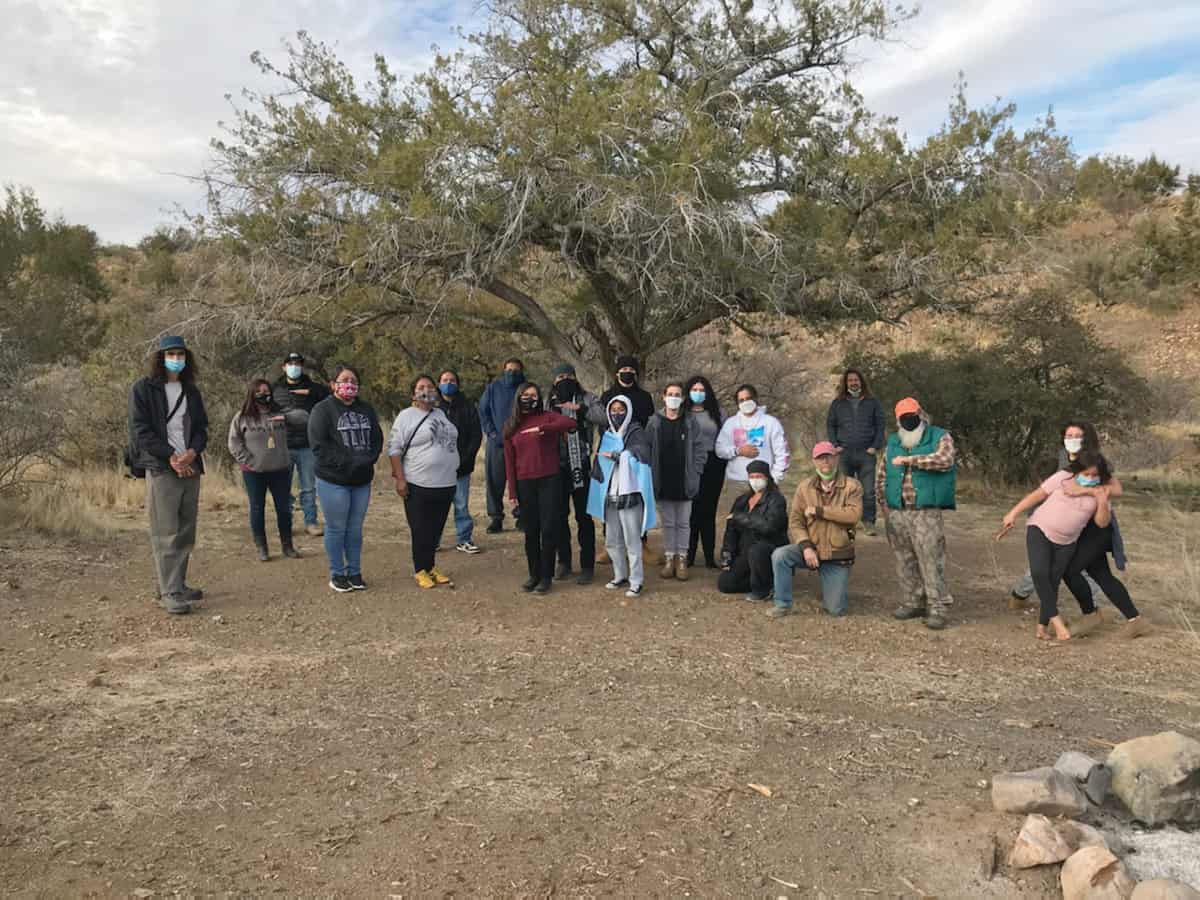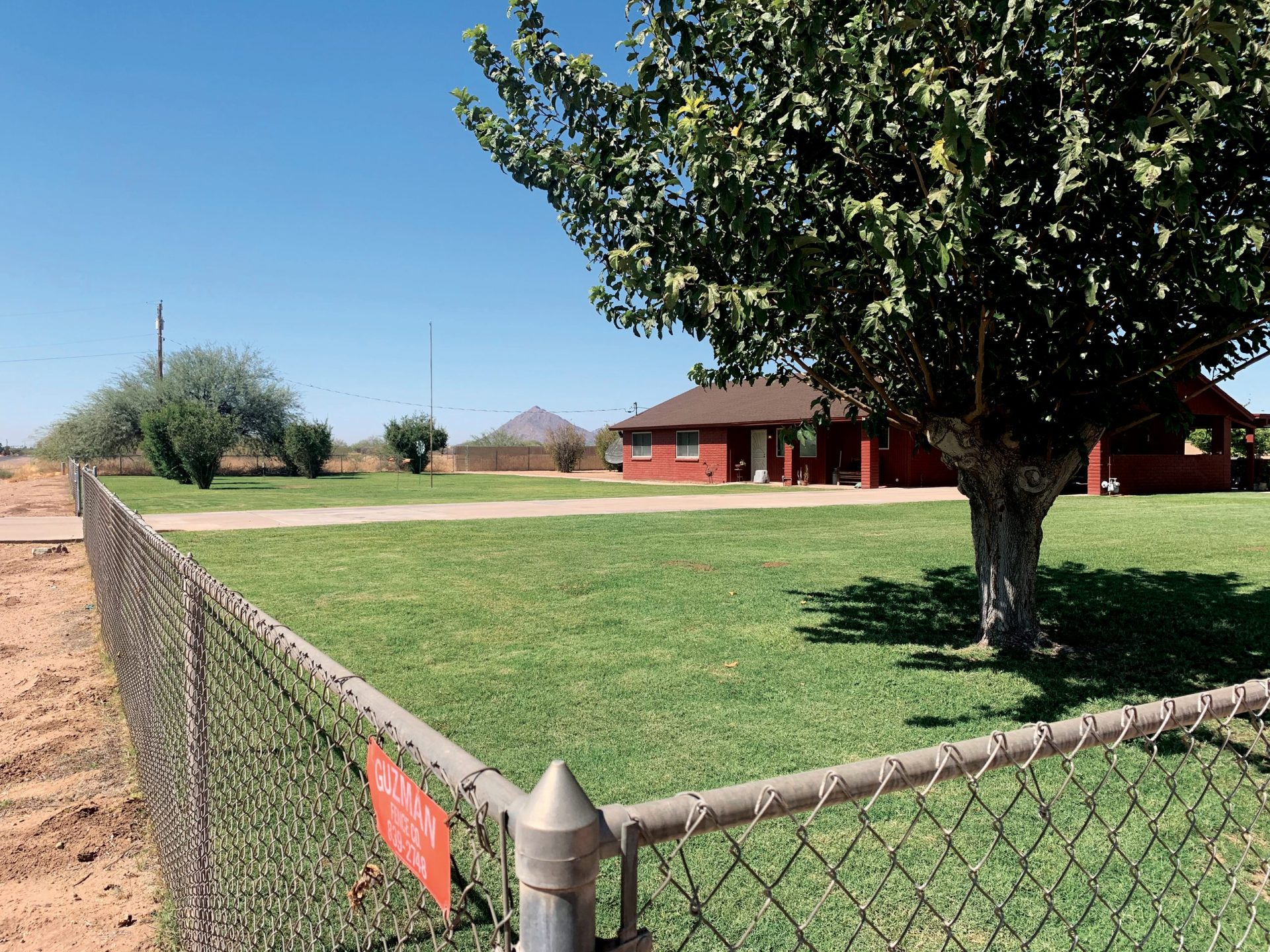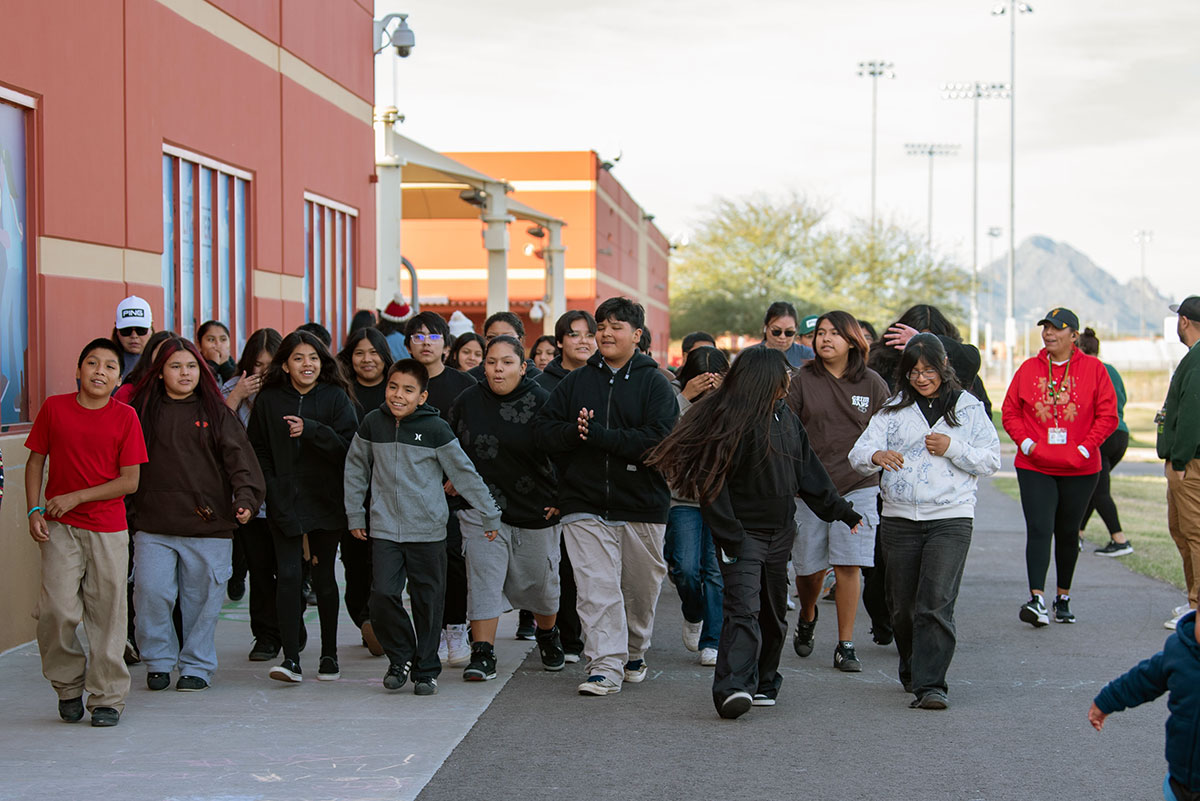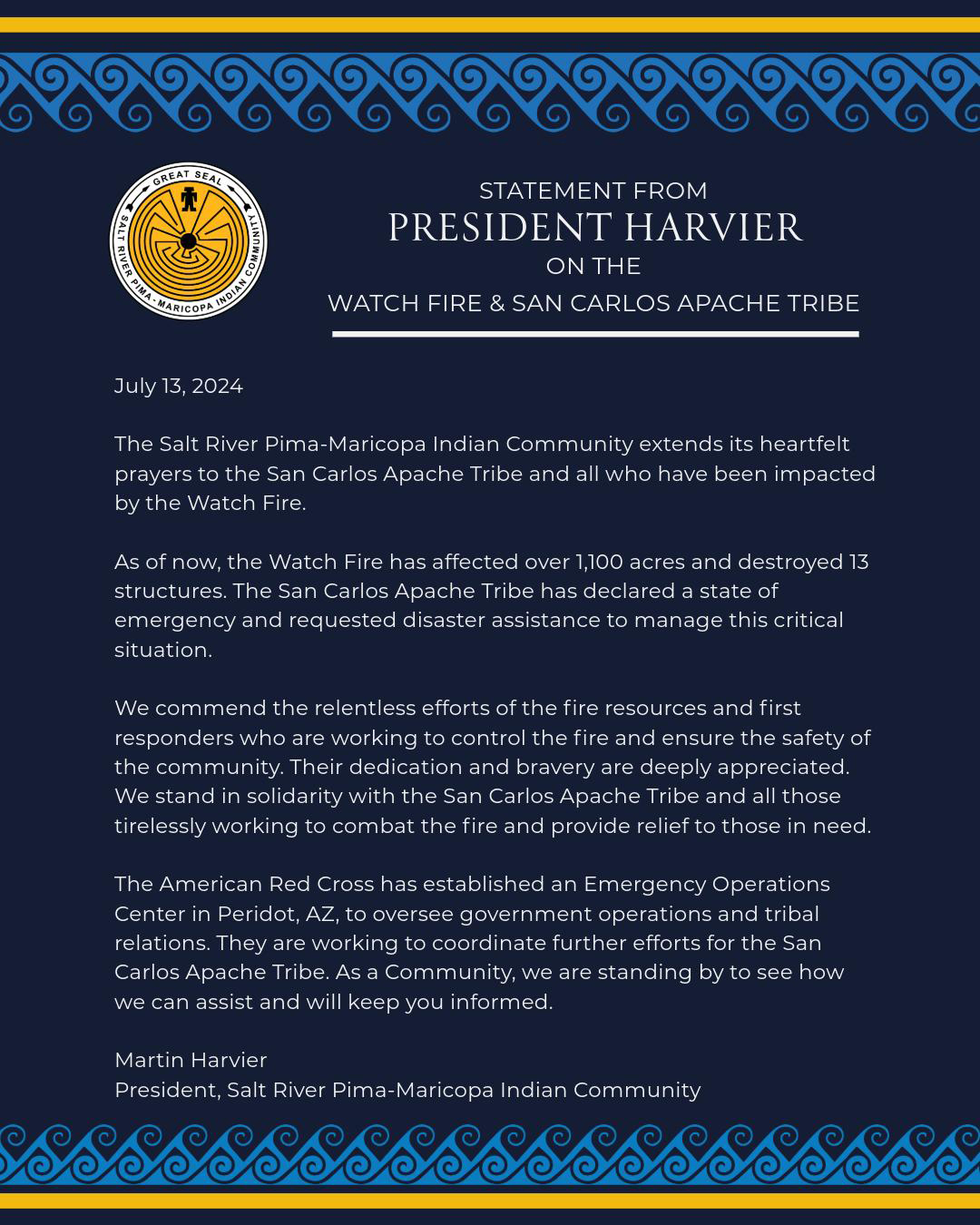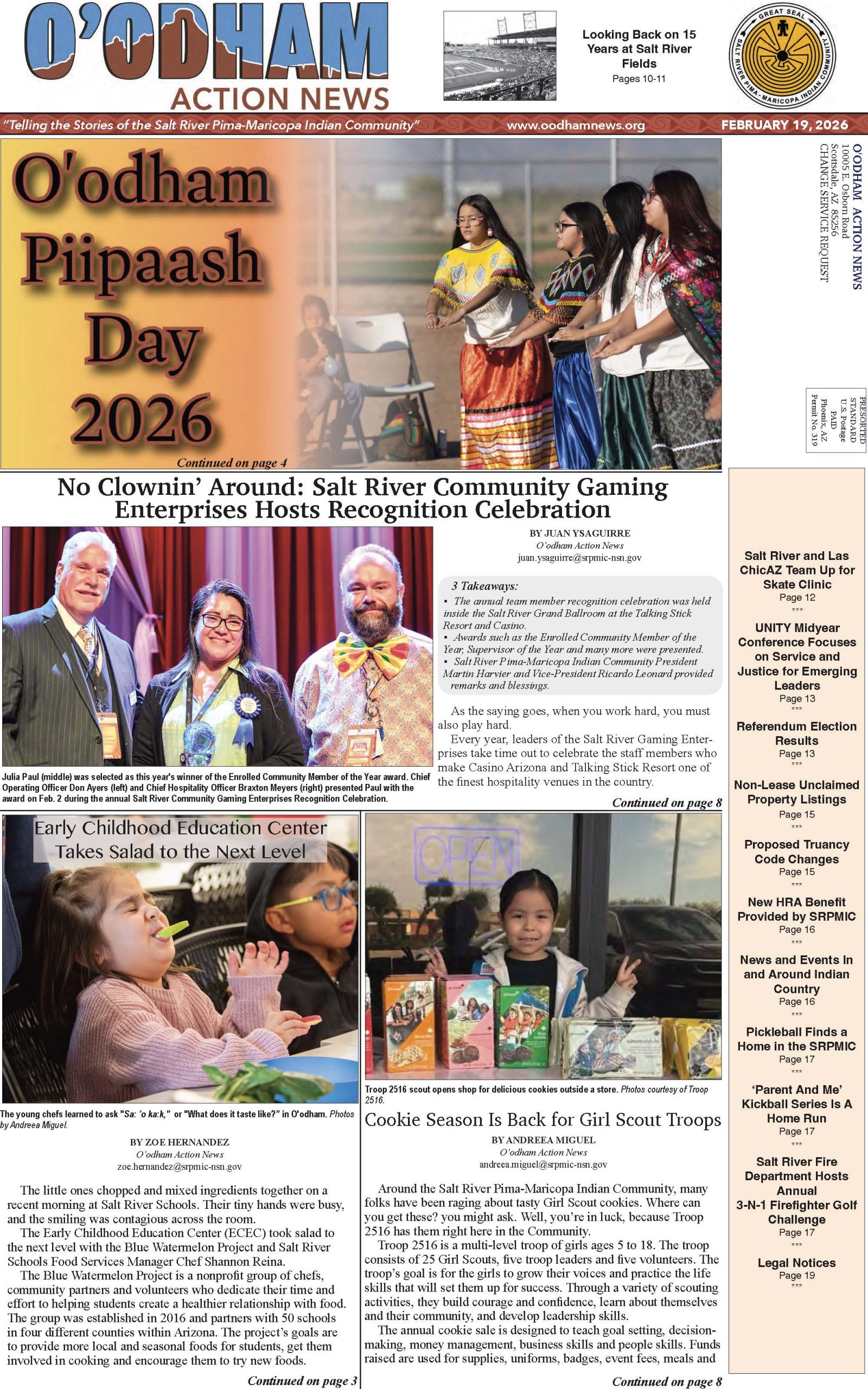VIEWS: 2096
June 17, 2022Indian Health Service Announces $5 Million in Alzheimer’s Funding
By Chris Picciuolo
With its new Alzheimer’s Disease Initiative, the Indian Health Service (IHS) is allocating $5 million directly to tribes and tribal organizations for the first time to address the disease within tribal communities.
The U.S. Department of Health & Human Services said that the funding will support tribes, tribal organizations and urban Indian organizations to focus on Alzheimer’s awareness, recognition, diagnosis, assessment, management and caregiver support.
According to the Alzheimer’s Association, the disease is a type of dementia, a general term for loss of memory and other cognitive abilities serious enough to interfere with daily life. Alzheimer’s affects memory, thinking and behavior, and it accounts for 60% to 80% of dementia cases.
“Alzheimer’s is an irreversible, progressive brain disease that affects an estimated 5.5 million Americans,” said U.S. Health and Human Services Secretary Xavier Becerra. “This historic funding opportunity for Native communities is much needed and will go a long way toward supporting the goals of the Biden-Harris Administration National Plan to Address Alzheimer’s Disease and other forms of dementia.”
Tribes and urban Indian organizations have until July 18 to apply for a grant with an award ceiling of $200,000 to go toward developing models of comprehensive and sustainable dementia care. There are five expected awards for the grant from an estimated total program funding of $1 million.
Chief Behavioral Health Officer John Godfrey of the Salt River Pima-Maricopa Indian Community Department of Health and Human Services said that the tribe is considering applying.
Currently, SRPMIC HHS does not have a specific program set up for Alzheimer’s disease; however, the Community does have a psychologist who can perform testing to detect cognitive deficits, and they also work with the court in regard to adults needing guardianship. The Community also has a psychiatrist who can assist with diagnosing and assessing psychiatric needs.
“In the future, we intend to look more closely at elder care with respect to nursing homes and possibly memory care,” said Godfrey.
A recent study based in 2014 Medicare data estimated the prevalence of Alzheimer’s disease and related dementias at 10.5% in American Indians and Alaska Natives. Today, one out of every five American Indian and Alaska Native adults age 45 and older reports experiencing subjective cognitive decline, which the IHS says can be a precursor to dementia.

